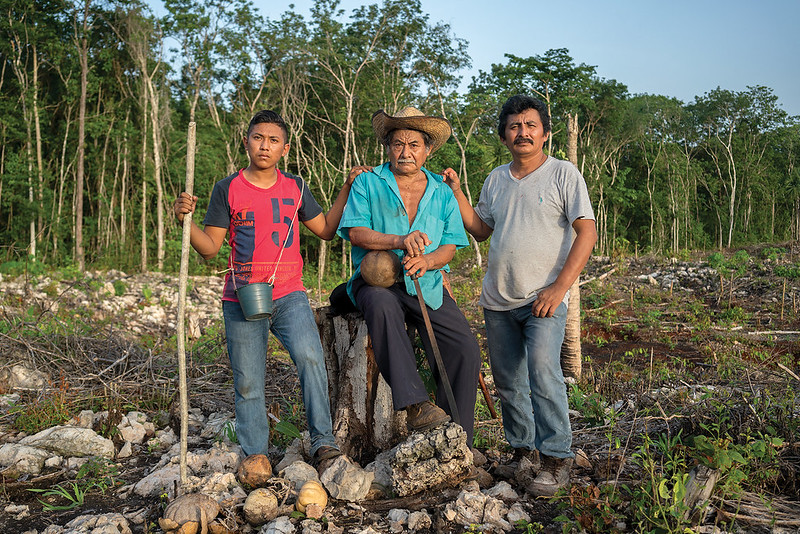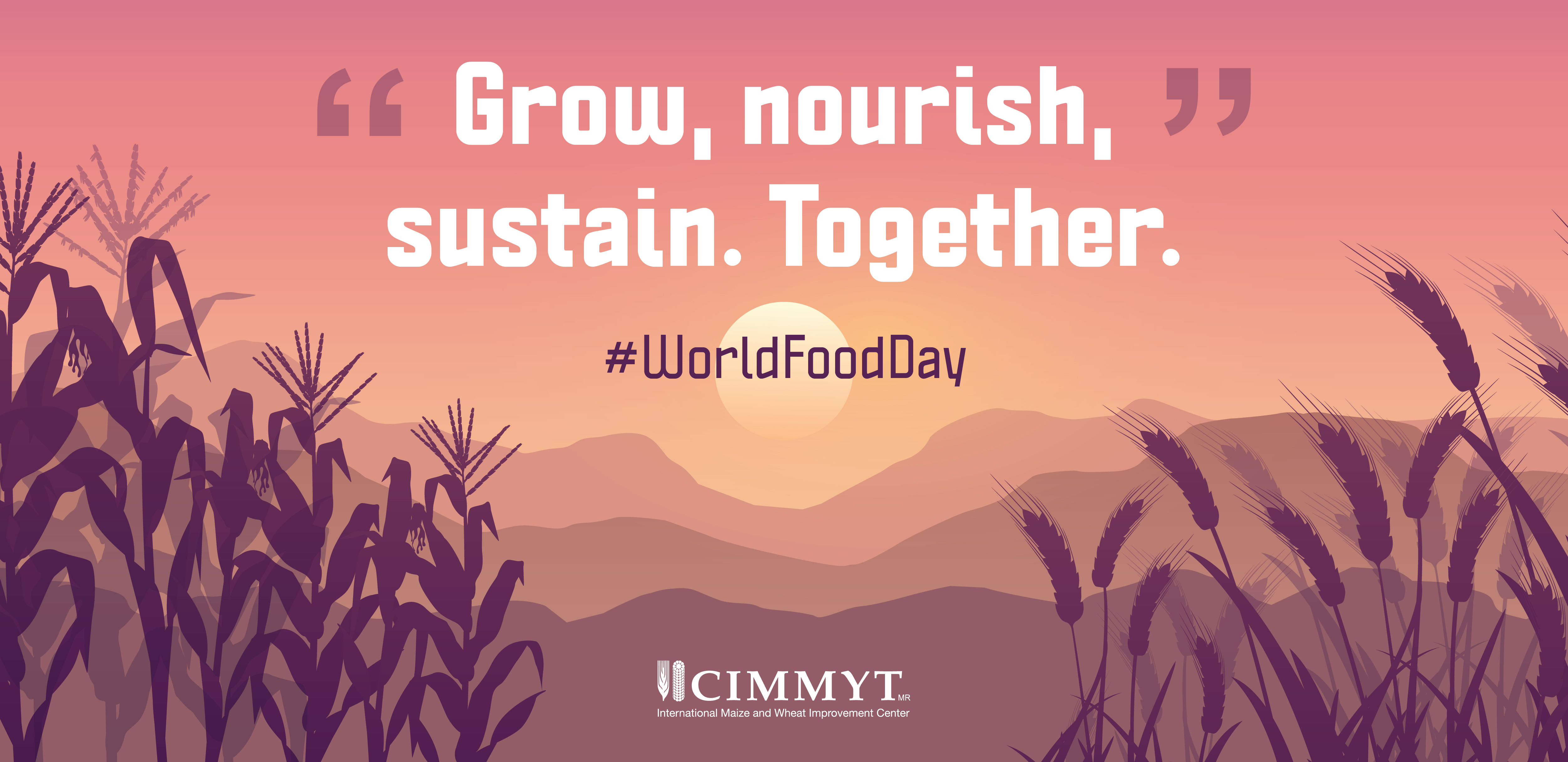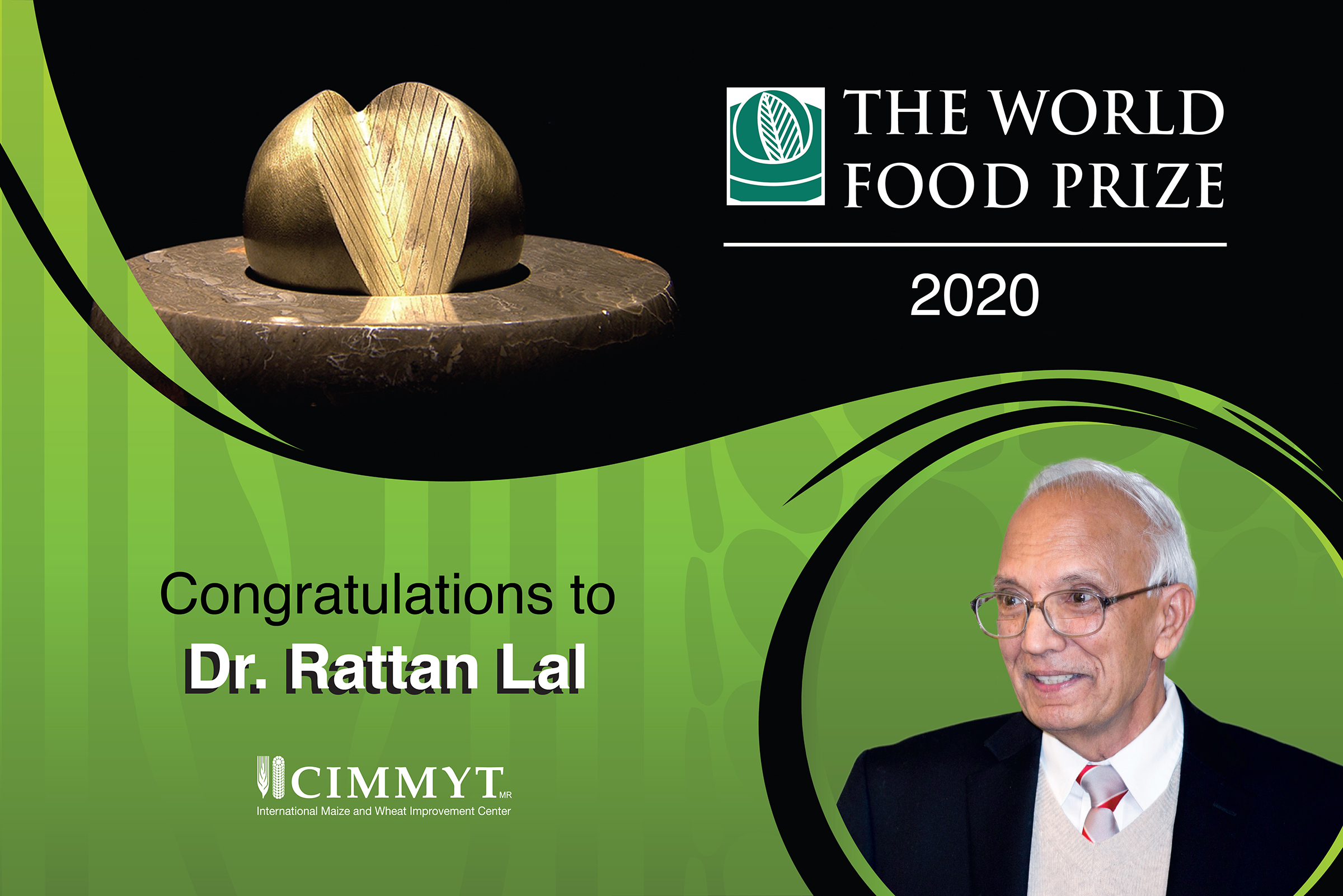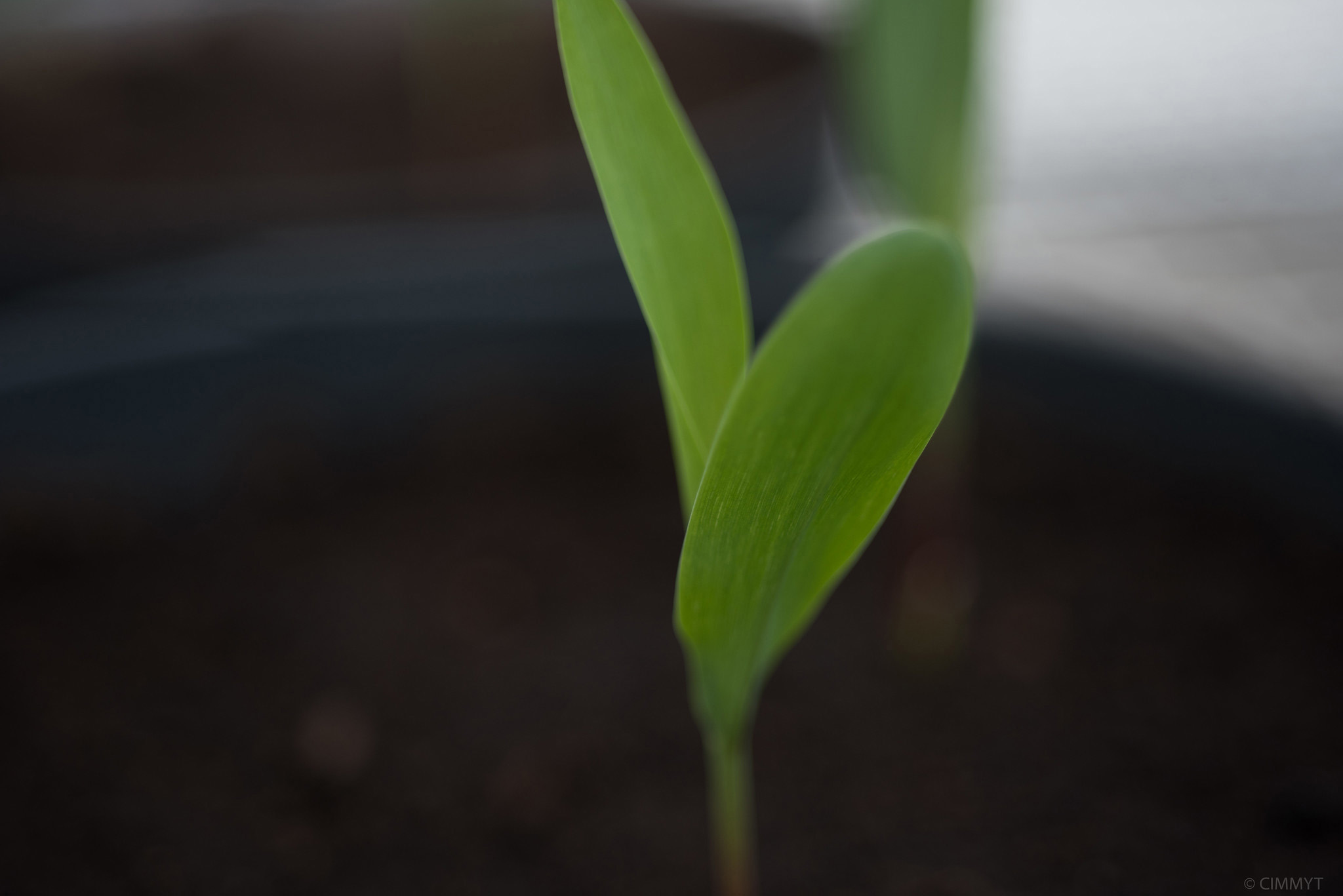The International Maize and Wheat Improvement Center (CIMMYT) has a proven history of improving the lives of smallholder farmers and their families through innovative crop science and strong global partnerships.
CIMMYT celebrates Healthy Eating Week (June 13 – June 18) in the context of strengthening sustainable agrifood systems, which facilitate the production and consumption of healthy foods, against the impacts of climate change and the cost-of-living crisis.
Nutritious diets contribute to human health and productivity. Diversified cropping, whereby staple cereals like maize and wheat are grown in associations or rotations with legume or horticulture crops, help to conserve soil and water. They boost the climate resilience of farms while reducing their ecological impacts, also lowering costs for small-scale farmers and improving the nutrition of rural communities.
Conserving biodiversity in crops, livestock, aquaculture, fisheries, and forestry results in more robust food production systems, able to provide reliable supplies of nutritious grain, meat, vegetables, and seafood.
Rising temperatures, freshwater depletion, more erratic and extreme weather, market swings, and human conflict are threatening agrifood systems as never before, exacerbating food and nutrition insecurity.
Smallholder farmers and their households, which the World Bank estimates to number 0.5 billion globally and comprise a large proportion of humans living on less than $2 a day, produce much of the world’s food. At the same time, they and food system workers disproportionately bear the brunt of environmental and socioeconomic shocks.
To protect them and meet the world’s rising demand for food, CIMMYT joins global calls to leverage agrifood systems to ensure equitable access to food for all, as well as greater investment in and use of technology that supports more intensive, climate resilient, and ecologically sensible food production.
Read four stories about CIMMYT’s efforts to support access to healthy food through seed health initiatives, global partnerships, and crop biofortification.
Seeds of Discovery
The discovery and use of powerful genetic traits from maize and wheat seed collections can strengthen crops, help produce healthy foods, and improve livelihoods.
Science and partnerships are critical to reach G7 food security goals
The recent six-page statement from the G7 warns of the increased global risk of famine. CIMMYT offers innovative science and partnerships to help the G7 achieve its stated ambitions for global food and nutrition security.

A sustainable solution to micronutrient deficiency
In the absence of affordable options for dietary diversification, biofortification through crop breeding offers a viable way to reduce the micronutrient deficiencies that hamper the health and productivity of billions of humans, particularly in developing countries.
Zinc and provitamin A biofortified maize genotypes have potential to reduce hidden hunger in Nepal.

CIMMYT endorses and implements expert recommendations to drive the transformation towards Zero Hunger by 2050


 Climate adaptation and mitigation
Climate adaptation and mitigation 
